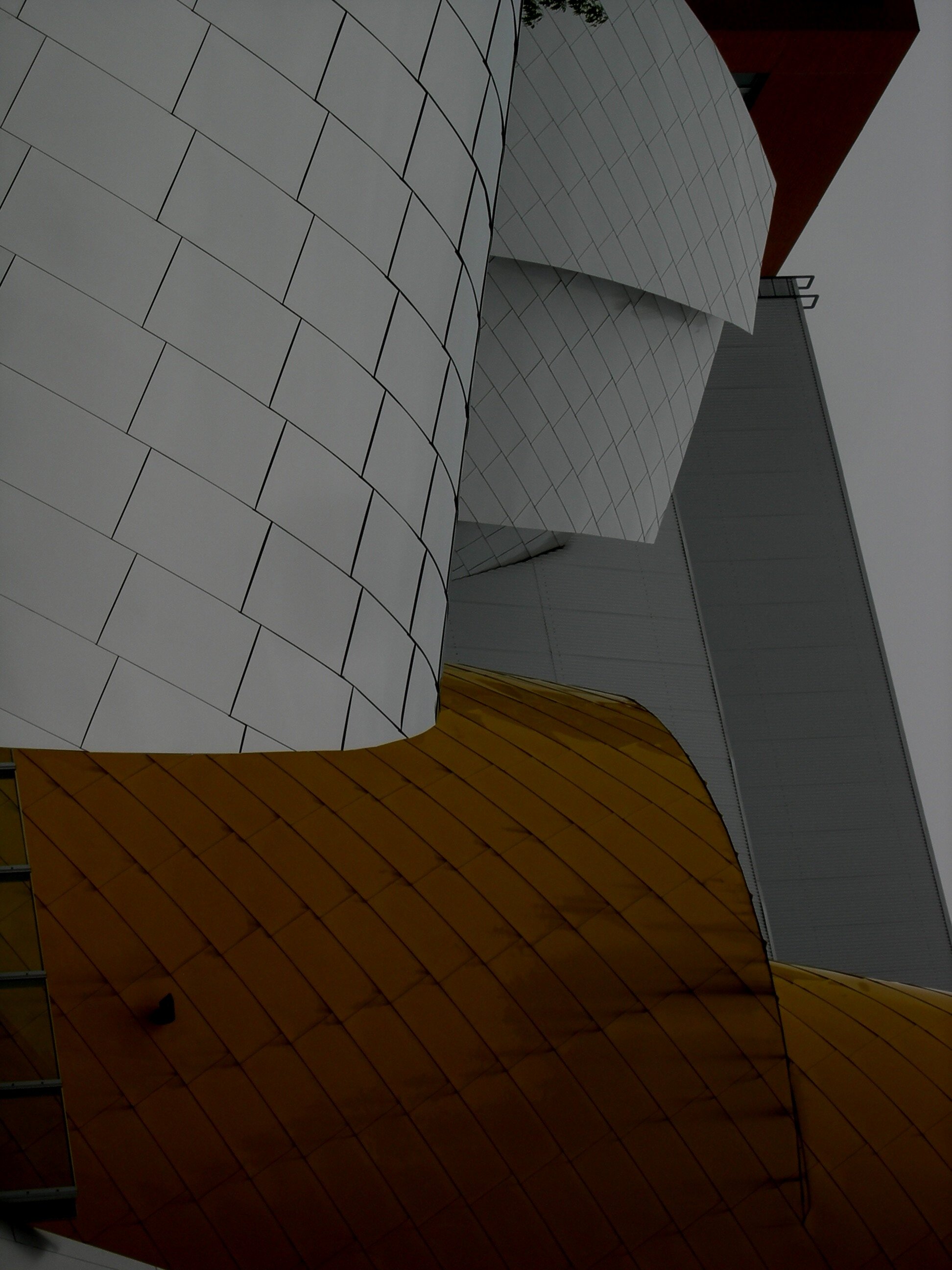
howl
SATB, a cappella
The first line of Allen Ginsberg’s landmark Beatnik poem, Howl, is iconic in American poetry: “I saw the best minds of my generation destroyed by madness, starving hysterical naked.” What’s lesser known is the fourth and final section of that lengthy poem which Ginsberg subtitled, “Footnote to Howl.” In it, he describes a multitude of things that are “holy” to him.
As a composer who came up in the choral tradition, I couldn’t read Ginsberg’s footnote without immediately thinking of the countless settings of the Sanctus text that I’ve sung over the years. As someone who doesn’t come from a particular faith background—as well as a person who exists in society’s margins—I connected deeply with the contents of his list of things that are holy. Sacred to Ginsberg are things like his mentally ill mother, his partner of over 40 years (Peter), the body, the soul, the saxophone, the city, and suffering itself. It’s a lengthy, beautiful, and embracing list, and I’d encourage anyone who’s unfamiliar with the footnote to this epic American poem to seek it out and find yourself in it somewhere.
I titled this piece howl as a means of paying tribute to one of my favorite poets of all time (have you heard his one about Walt Whitman?) and the poem that made him (in)famous. However, it’s also a reference to the idea that shouting to the heavens that something is holy—which is what I always felt was happening in the Sanctus text—felt like the same long, loud cry Ginsberg references in the title of his poem. So, for all intents and purposes, this is my Sanctus, and it’s dedicated with love and admiration to three composers—Frank Martin, Arvo Pärt, and Jocelyn Hagen—whose settings of that text (their “Sancti”?) are among my favorite choral works of all time (and may or may not be quoted in my work).
howl was commissioned by The Choral Project (Daniel Hughes, conductor) and received its premiere on May 8, 2022. It is a movement of a larger work based on mass ordinaries—this work is the “Sanctus”—titled there’s something i have to say.
The Text
By Allen Ginsberg (1926-1997)
Adapted by the composer and used with kind permission.
Holy! Holy! Holy! Holy! Holy! Holy! Holy! Holy! Holy! Holy! Holy! Holy! Holy! Holy! Holy!
The world is holy!
The soul is holy!
The skin is holy!
Everything is holy!
everybody’s holy!
everywhere is holy!
everyday is in eternity!
Everyman’s an angel!
…as holy as the seraphim!
the madman is holy
as you my soul are holy!
The typewriter is holy
the poem is holy
the voice is holy
the hearers are holy
the ecstasy is holy!
Holy Peter
holy Allen
holy Kerouac
holy Burroughs
holy the unknown buggered
and suffering beggars
holy the hideous human angels!
Holy my mother in the insane asylum!
Holy the groaning saxophone!
Holy the bop apocalypse!
Holy the jazzbands marijuana hipsters
peace peyote pipes & drums!
Holy the crazy shepherds of rebellion!
Holy New York
Holy San Francisco
Holy Peoria & Seattle
Holy Paris Tangiers Moscow Istanbul!
Holy the solitudes of skyscrapers and pavements!
Holy the cafeterias filled with the millions!
Holy the mysterious rivers
of tears under the streets!
Holy the lone juggernaut!
Holy the vast lamb of the middleclass!
holy the clocks in space
holy time in eternity
holy eternity in time
Holy forgiveness! mercy! charity! faith!
Holy! Ours! bodies! suffering! magnanimity!
Holy the supernatural extra brilliant intelligent kindness of the soul!
Everybody’s holy!
Everywhere is holy!
Everything is holy!
Performed by The Choral Project
(Daniel Hughes, conductor).